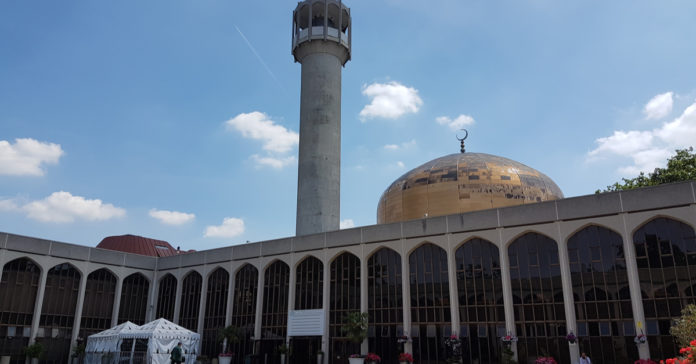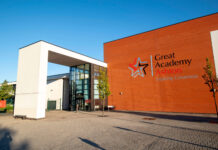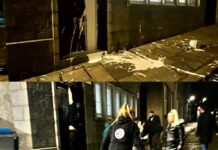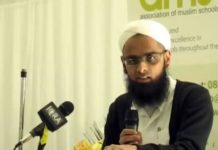All places of worship in England, including mosques, will be closed for congregational prayers when the national lockdown starts on Thursday.
Government guidance states that places of worship must close unless they are being used for funerals, to broadcast acts of worship, for individual prayer, for formal childcare or where part of a school, or for essential voluntary and public services, such as blood donation or food banks.
The status of supplementary schools (madrasas) is still unclear.
The Muslim Council of Britain called the instructions unclear and bemoaned the lack of government consultation.
It said the distinction around individual worship is not straightforward or practical for many mosques compared to other faith communities, and this will have a real impact on Muslim communities across the country.
The MCB added that since having re-opened as COVID-secure venues in July, there is no apparent evidence that places of worship have been a primary driver for the virus’s propagation.
“Given the centrality of congregational prayer to so many Muslims’ lives, it is not clear why places of worship are grouped alongside other public venues where social interaction is conducted very differently,” the MCB said.
Subscribe to our newsletter and stay updated on the latest news and updates from around the Muslim world!
“The MCB and partner organisations are writing to the Government to outline these concerns and call for an urgent evidence based re-assessment of the status of places of worship, taking into account the societal harms closing them poses.”
Harun Khan, Secretary General of the MCB, said: “A new national lockdown will have ramifications for us all. We must continue to work together to find the most effective ways to keep everyone safe, support our NHS and saves lives. It is disappointing the Prime Minister did not mention the impact on places of worship, leaving Muslims and other faith communities with inadequate guidance. Clarity must be provided as a matter of urgency.
“Imams, mosques, Islamic associations, charities and the army of volunteers that support them have played – and are continuing to play – a crucial role in filling the gap by providing spiritual, social and welfare support for all communities. The second wave will in many ways be harder than the first – we pray for patience, fortitude, and unity across the nation in the difficult weeks ahead.”






















